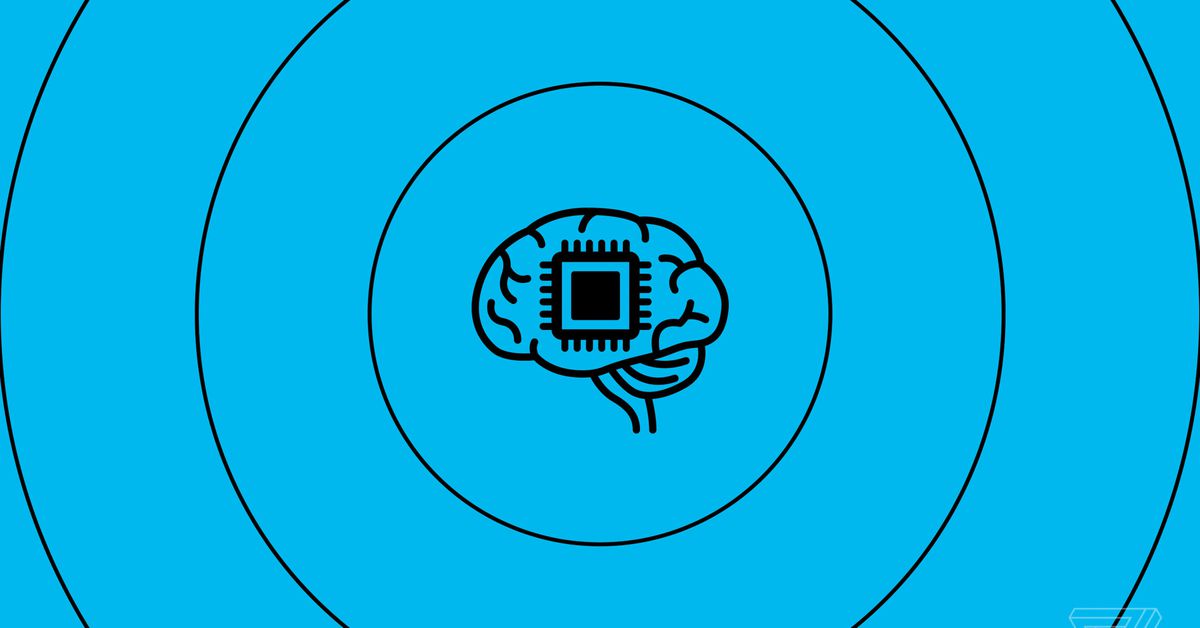AI-generated art cannot be copyrighted, rules a US Federal Judge::United States District Court Judge Beryl A. Howell found that AI-generated artwork can’t be copyrighted, putting to rest a lawsuit against the US Copyright Office over its refusal to copyright an AI-generated image.



Just thinking out loud: how would this impact AI-generated videos, or stuff like AI-generated actors and AI-written scripts? Does this suggest that stuff made by AI would, by default, belong to the public domain? If true, that could do quite a bit in forcing the movie studios to get off their asses and bring them back to the negotiating table with the actors and writers.
The ruling says the AI itself can’t hold a copyright, but humans using them can still be copyright holders of any qualifying works.
So we’ll hear this case been wrongly cited forever. AI art is often human guided and sometimes involve editing and adjusting. Rarely ever I get something good the first prompt. But I bet people will say lol no copyright.
Eh I think it would have been worse if this guy won. To my knowledge he was trying to get the AI to be considered the author and then himself to be the owner of the copyright via the “work for hire” clause. As I understand it that would have been catastrophic. It would have likely meant that anything users prompt from these generators would automatically be the copyright of the people running the AI.
The process you describe could likely still be protected under this ruling since there’s human involvement in the selection of output to use and the altering of it afterward to fit whatever creative vision the person had. If this had won a person doing that it seems would at best be making a derivative work and still not be able to protect it.
If they had won then copyright trolls like prenda law would have flooded the internet with AI crap and sued everybody that ever make anything resembling any of their outputs, claiming copyright infringement.
This ruling strongly throttles the ability of copyright trolls to use ML that way because the defendant can much more easily argue they are producing far too many works (and with to many ML-ish obvious errors) to be human made, thus no copyright protection and then you don’t even have to prove you didn’t copy it anymore (but of course you should still try to argue both when you’re the defendant).
Sidenote - derivative works can be protected separately if the addition itself holds creative height. Your copyright only covers your own addition.
Without human authorship you cannot have a copyright. If something has no copyright protection, it is public domain.
However, the public domain is not viral. A work made with public domain elements can itself be copyrighted. However the copyright will only protect the creative expression added to the public domain work. Everyone else is free to make their own works from the public domain elements.
But…
Holders of public domain works are NOT obligated to publish or make available public domain works in their possession.
So if you use AI generation as part of your process you still have a valid copyright. Unless the audience can extract the unprotectable elements from your final product, you have the same copyright protection as a fully human produced work.
This ruling only applies to fully AI produced works. Using AI to modify a human performance to look or sound like someone else, still copyrightable. Human filming from an AI script, still copyrightable except for the script itself.
If AI makes the final output is where there’s trouble. AI’s aren’t human, their expression isn’t copyrightable. The prompt you give the AI is most likely factual rather than creative, which would make that uncopyrightable as well.
Copyright protects humans’ creative expression, and nothing else.
This was a great summary, hope more people read this.
I am not convinced by that. I don’t think any lines have been drawn on how much creativity you put into a prompt for the resultant image to be considered copyrightable. This case is about someone trying to get the AI to claim copyright, and have that transferred to him as the owner of the AI. Which is like the cases where someone tried and failed to claim copyright over an image of a monkey that the monkey took because it was taken on his camera. He had no creative input into the shot so the image was not copyrightable.
You could condisider the AI like a camera - you have control over its input, what you point it at, the lighting levels, even creating the scene you point it at. All of which are creative elements. You did not actually create the image - light hitting a film did that. You just set it up to capture the picture you wanted.
So I could see the prompt being similar to setting up a shot for a camera and the AI being like a camera. With enough creative work being put into setting up a good prompt I can see a valid claim for copyright being made - though I am not aware of anyone testing this out i court yet.
Good questions. Might be the case. I really appreciate that this decision strengthened the authorship as originally a human authorship. Otherwise many other ownerships might be taken over by computers. With ownership reliability and consequences came hand in hand, but a computer gives a shit about consequences.
IMO more importantly that copyright of the work does not go to the owner of the AI systems that created it. Which strengthens the copyright claims for anyone that came up with a creative enough prompt that was used to generate the image. And drastically weakens it for those running the servers or training the AI.